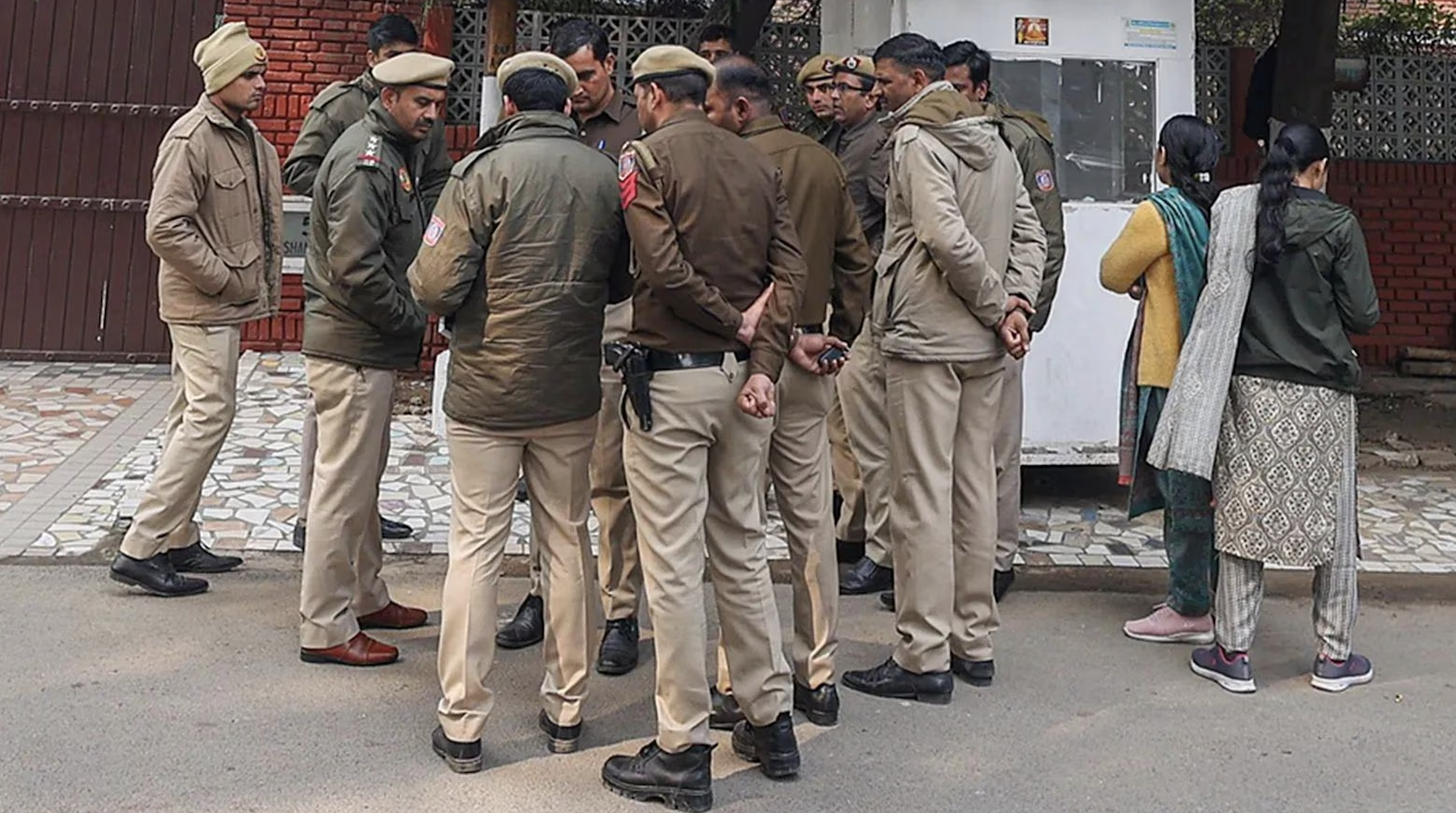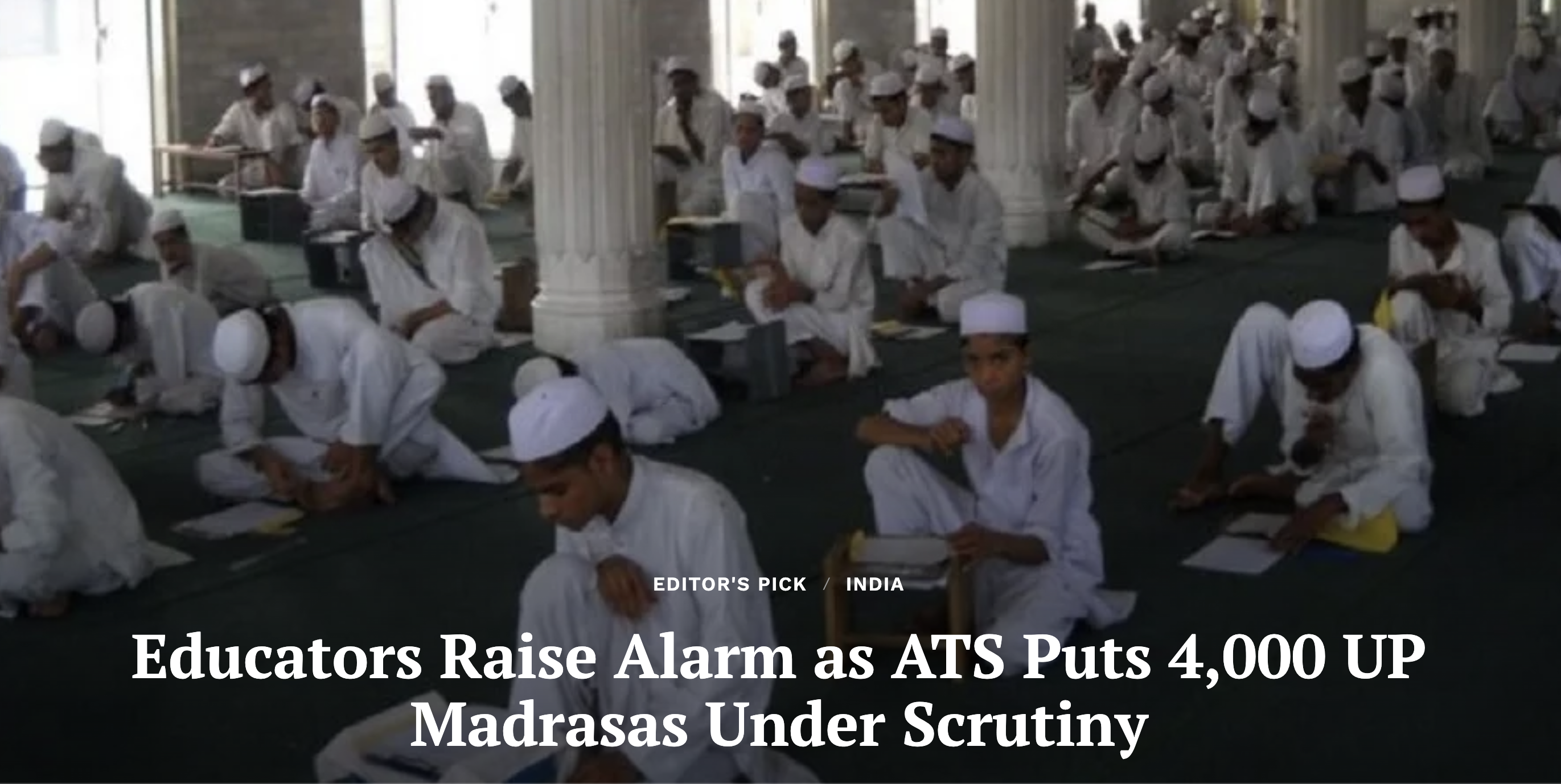
By Amina Hussain
The recent decision to remove Razia Sultan and Noor Jehan from the NCERT social science textbook of Class 8 under the guise of curriculum overload is not a simple “rationalising”. It is part of a larger project in which erasure itself becomes a form of pedagogy. To erase women, and especially Muslim women, from the national narrative is to instruct young students that such figures never truly belonged to India’s story of power and governance.
After all, Razia Sultan’s reign was not a fable or a passing episode that did not deserve a footnote. She ruled the Delhi Sultanate from 1236 to 1240, after her father Iltutmish recognised her ability and named her as his successor, even when his court considered such a choice unacceptable. Razia proudly called herself Sultan and not Sultana, a decision that was both symbolic and practical. Unveiled, she dressed in attire that was meant to rule, held court in public, and led armies in battle.
And it was not easy. Her authority was constantly contested and her legitimacy questioned by Turkish nobles who were threatened by her nonconformist and independent mind. Razia was no puppet; she asserted her power, gained the confidence of her people, refused to bow down to the demands of the powerful “Forty Amirs”, and fought tooth and nail against their revolt. Despite being captured, she continued to fight to reclaim Delhi and died in the process. To remove her from the textbook is to remove the knowledge that such a rupture in patriarchy once took place in the heart of Delhi.
Noor Jehan, who was originally named Mehr-un-Nissa, is another inspiring story of a woman with extraordinary political skill. She forged a strong “junta alliance” with the support of her father, brother and stepson and practically controlled the entire reign of Jahangir, after his struggles with alcohol and opium addiction rendered him almost “powerless”. Far from being just a courtly charm as Jahangir’s consort, she issued imperial orders sealed in her name, designed gardens and commissioned architecture. She also intervened in matters of court appointments, trade, foreign policy and even military affairs.
Her role blurred the neat distinction between the Zenana and the court, between private and public power. Fondly hailed as “Padshah Begum”, Noor Jehan was indispensable at a time when the emperor himself was weakened. To willfully forget her is to suggest that the Mughal world was shaped only by men, that women did not participate in sovereignty, that Muslim women could never be figures of power.
This story was originally published in indianexpress.com. Read the full story here.






